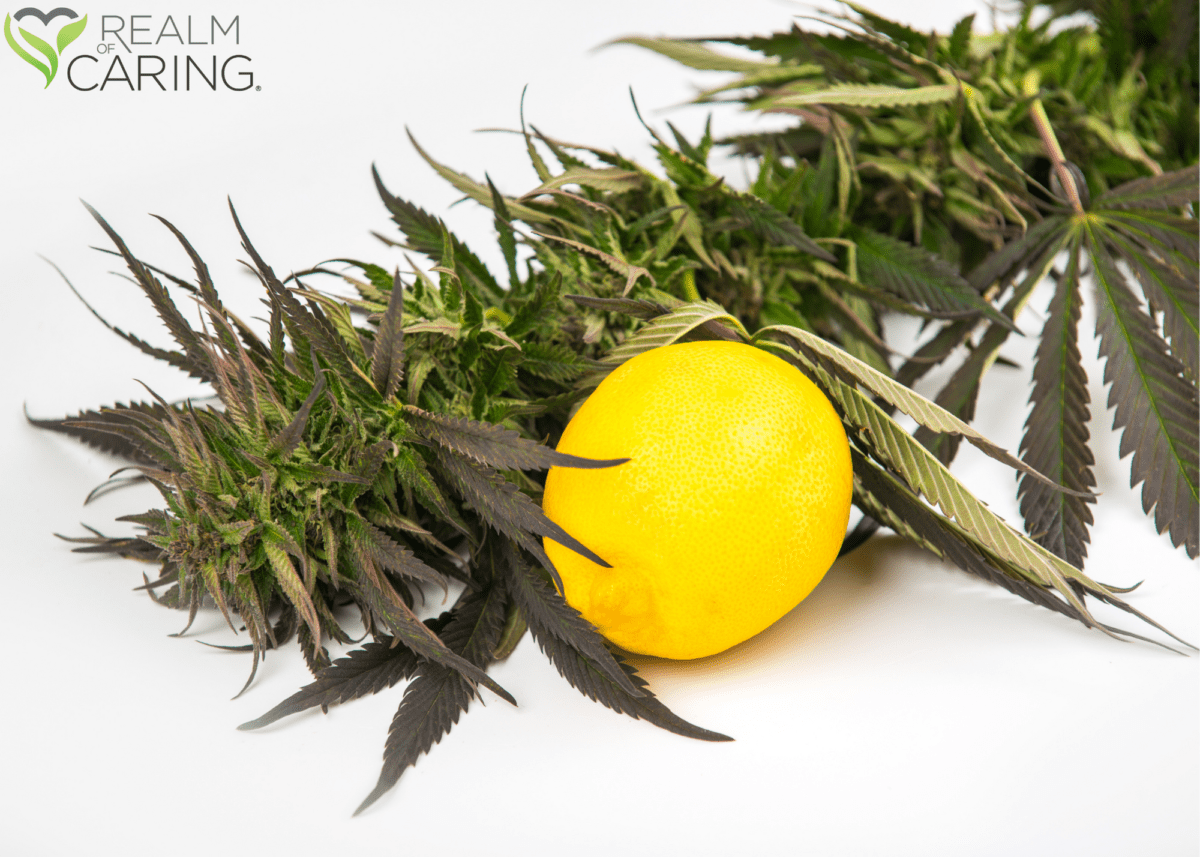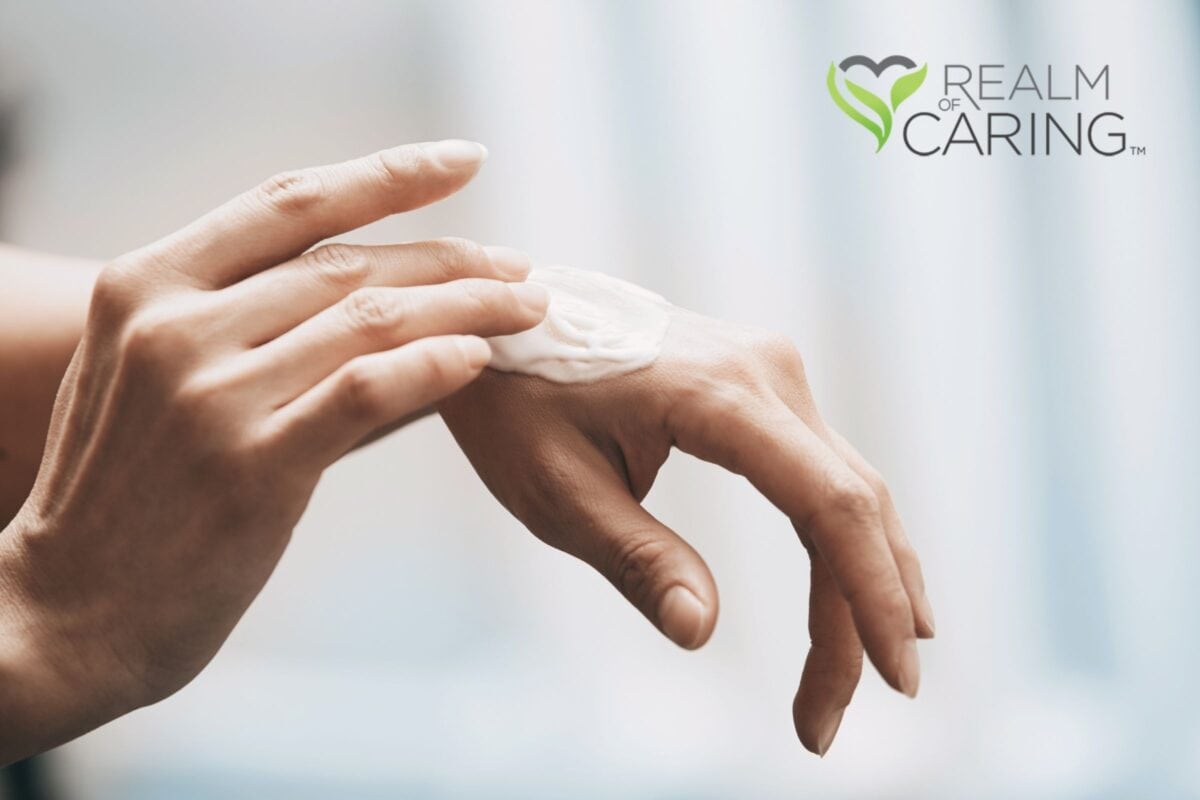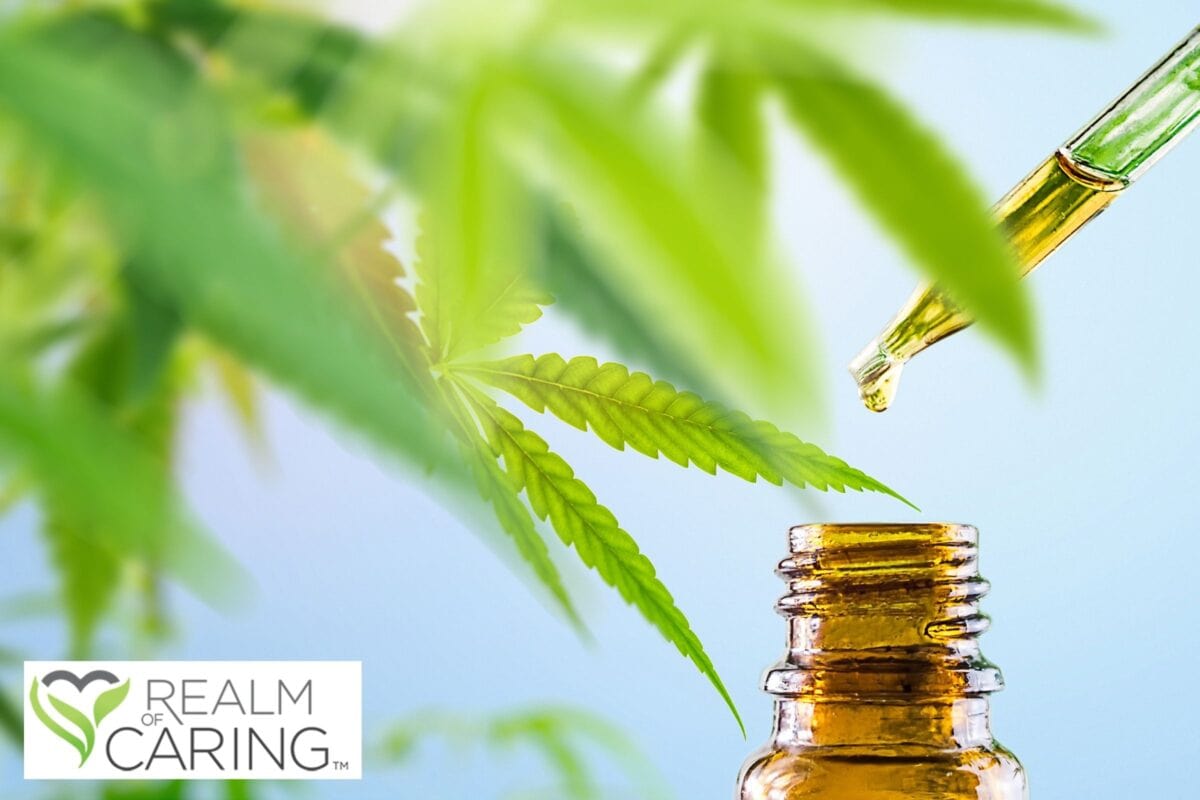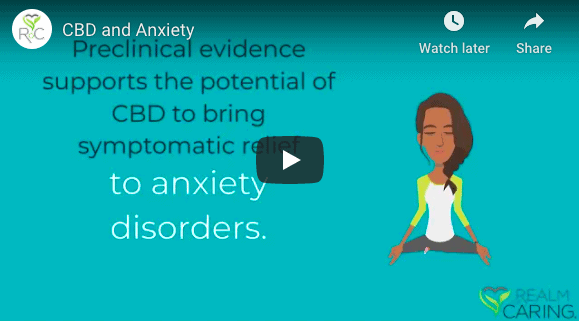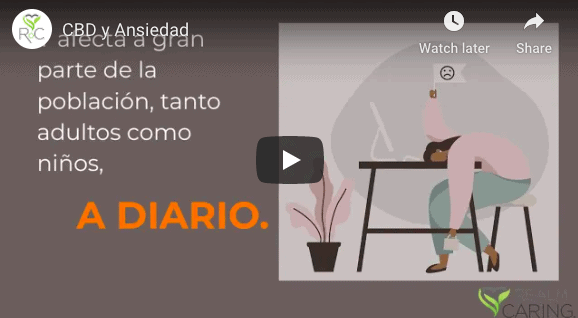The Endocannabinoid System (ECS) is arguably the most essential biological system in the body. It is involved in regulating nearly every physiological process, to include female reproductive events. The main role of the ECS is to keep us balanced. For women, we experience several events that may knock us out of balance; our bodies rely on our ECS and endocannabinoids to bring us back. At times, we can experience what is known as Endocannabinoid Deficiency, where our bodies are not producing enough endocannabinoids to activate our receptors and witness physiological actions such as pain relief. This is where supplementing with phytocannabinoids can help. Phytocannabinoids are those cannabinoids produced by plants, such as Cannabidiol (CBD) or Delta-9-Tetrahydrocannabinol (THC).
The ECS has been researched in rodent, primate, and human studies for its effect on a number of aspects of the female reproductive process. It may have a strong impact on fertility, reproduction, and endocrine function. Numerous studies have looked at how cannabinoids may improve symptoms associated with Premenstrual Syndrome (PMS), Premenstrual Dysphoric Disorder (PMDD), Menopause, and Endometriosis.
These conditions have side effects to include: depressive and anxiety disorders, muscle pain and joint aches, osteoporosis, gastrointestinal discomfort, weight gain and diabetes, impaired cognitive function, sleep disturbances, and sexual dysfunction or pain.
What can Cannabinoids do to Help?
Depression and Anxiety
CBD works as a modulator to our physiological processes. This includes how effectively our body may facilitate the serotonin it creates, allowing more of that “happy chemical” to be made available for our brains and, therefore, regulating our moods. Just as it helps to move serotonin along, CBD may also help with the functioning of GABA, the neurotransmitter that regulates our nerve signals; therefore aiding in the reduction of our anxiety, panic, and stress response. It may also be important to note that stress may lead to vaginal infections (such as vaginitis), excess discharge, and increased pressure.
Muscle Pain and Joint aches
In addition to the researched relaxing effects CBD and THC can have on vaginal muscles and uterine muscles (which are responsible for causing cramps when contracting), these cannabinoids may relieve tension, tightening, and spasms of all muscles. This helps to decrease pain and increase the recovery time.
Cannabinoids that may perform best as potent anti-inflammatory agents are CBD, Tetrahydrocannabinolic Acid (THCA), Cannabidiolic Acid (CBDA), and Tetrahydrocannabivarin (THCV). Cannabinoid therapy to include these cannabinoids may help to ease the inflammation on the surrounding tissue of the joints of arthritic individuals and lessen the inflammation associated with painful contractions, among several other inflammatory conditions of the body.
Osteoporosis
Speaking of inflammation, recent research suggests that inflammation triggered from conditions such as arthritis may be a leading cause of bone thinning. Therefore, cannabinoid therapy may prevent bone degenerative conditions such as osteoporosis. As well, cannabinoids like CBD may aid in the repair of bone fractures and increase bone mass.
Gastrointestinal Discomfort
Bloating, gas, diarrhea, and constipation all can take place before, during, and/or after menstruation. Anecdotal data supports the potential of CBD to alleviate these Irritable Bowel Syndrome (IBS) like symptoms. CBD may reduce intestinal inflammation, improve the immune response of the gut, and alleviate the anxiety and stress associated with gastrointestinal discomfort.
Weight Gain and Diabetes
The ECS plays an important role in modulating metabolism and appetite. CBD may help the browning of white adipose tissue (the process of burning fat in the body) and promote lipid metabolism. This may help with the weight gain often associated with irregular menstrual cycles and menopause. Sometimes, this weight gain may lead to Type 2 Diabetes. Being that Type 2 Diabetes is an inflammatory condition, the anti-inflammatory properties of cannabinoids, as well as their ability to prohibit oxidative stress, could help to be a preventative measure. There is also research to show promise of CBD and THCV in reducing insulin resistance and moderating blood sugars.
Impaired Cognitive Function
The decreased Estrogen as a result of menopause may lead to mild cognitive changes, otherwise known as a “brain fog”. Prolonged CBD therapy has shown positive improvements in psychological symptoms and cognition. Currently, using cannabinoids to benefit neurological issues and serve as a neuroprotectant is being studied. The antioxidant properties of cannabinoids, such as CBD, may have the ability to provide neuroprotection. As well, research is showing that elevation of cannabinoid receptor activity could potentially slow down the progression of brain ageing and alleviate symptoms associated with neurodegenerative disorders, therefore cannabinoids with the ability to activate receptors may provide these additional benefits.
Sleep
The symptoms associated with these conditions often contribute to sleeping issues. The anxiolytic properties of CBD may help to improve sleep by mitigating anxiety or stress induced insomnia. Where it has been fairly established that THC can promote sleep, it is suggested through on-going research that CBD may improve sleep-wake cycles, leading to an increase in the percentage of total sleep.
Sexual Dysfunction or Pain
These conditions women face may also lead to a decreased libido and/or pain during intercourse. Research is finding that women who consume low amounts of cannabis prior to sexual intercourse experience an increase in libido, improvement in orgasm, and decrease in vaginal pain. Acute THC administrations in female rats have shown increased sexual receptivity. CBD may offer relaxation to benefit symptoms of dyspareunia, potentially allowing you to focus more on intimacy sans the interference of spasms, pressure, and cramping.
Watch our Care Team Chronicles about women’s health here:
If you have any questions about this topic, a Realm of Caring Care Specialist is here to help. Call us at 719-347-5400 option 1, email us at [email protected], or visit our website and sign up for a free client account at www.realmofcaring.org.
Disclaimer
The Realm of Caring Foundation specifically invokes the first amendment rights of freedom of speech and of the press without prejudice. These statements have not been evaluated by the food and drug administration. the products discussed are not intended to diagnose, cure, prevent or treat any disease. Realm of Caring always recommends when and wherever possible that licensed local healthcare professionals be consulted.
The Realm of Caring Foundation is an independent nonprofit with its own governing board. We do not produce or sell cannabinoid products, nor do we receive funds from the sale of other company’s products.




